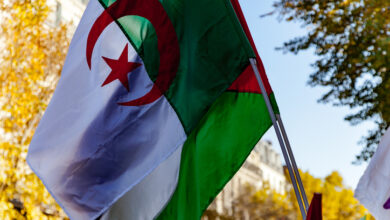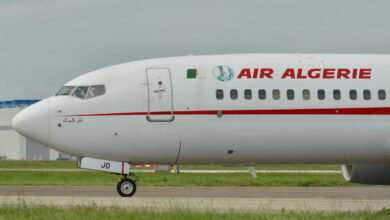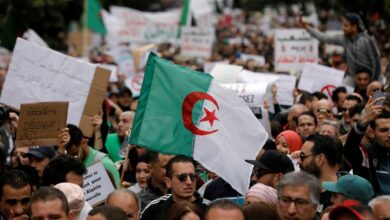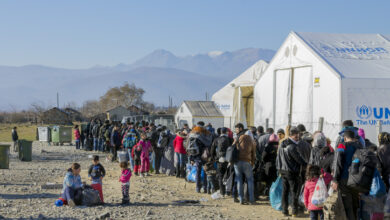Algeria
Algeria Re-Imposes Travel Restrictions In A Bid To Curb Spread Of Novel Coronavirus
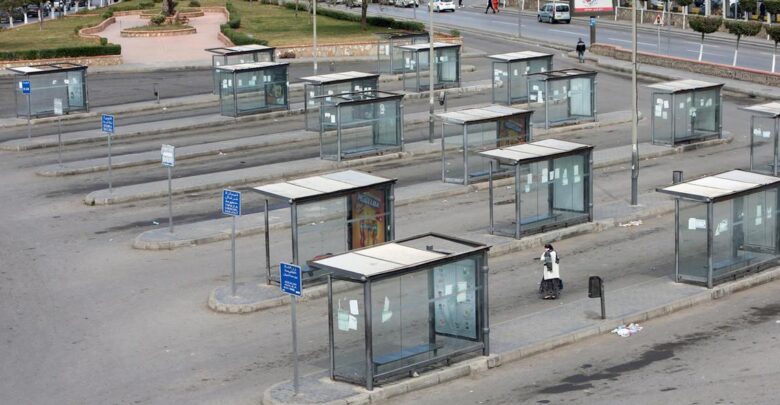
Algeria government on Thursday re-imposed travel restrictions in the country starting Friday testing in a bid to stop a rise in novel coronavirus infections, reported Reuters.
President of the Republic Abdelmadjid Tebboune announced the decision in a statement after a meeting with ministers and other government officials that discussed the health situation in Algeria in the light of the increasing number of Covid-19 cases in some provinces.
The meeting was also attended by the prime minister, the minister of the Interior, Local Authorities and Urban Planning, the minister of Health, Population and Hospital Reform, the head of National Gendarmerie, the director-general of national police and members of the scientific committee for monitoring the progress of the coronavirus pandemic.
As part of the measures, people will be barred from traveling to and from 29 provinces including the capital, Algiers, for a week starting on Friday.
The Algerian health authorities had eased restrictions last month, shortening a curfew to 8 p.m. to 5 a.m. from 7 p.m. to 7 a.m. in those provinces and ending it in the remaining 19. Economic and commercial activities were allowed to resume in the country since June 7 as part of the efforts to return to normal life.
According to the statement, the government has decided to increase coronavirus testing in the country as it has allowed all state and private laboratories to conduct COVID-19 tests to help cope with a growing number of patients.
Algeria has reported 17,804 confirmed coronavirus infections and 988 deaths as of Thursday, July 9.
Meanwhile, according to Professor Abdelkrim Soukhal, a member of Algeria’s Scientific Committee monitoring the spread of COVID-19, about 1,700 medical staff in the country have been infected with the coronavirus so far.
“We have identified about 1,700 infections among the medical staff in the whole country,” Professor Soukhal said.
He added that about 40 of the 1,700 infected people have died from the deadly infectious respiratory disease.
Soukhal said the medical staff entered the fight against the pandemic without “enough weapons.”


